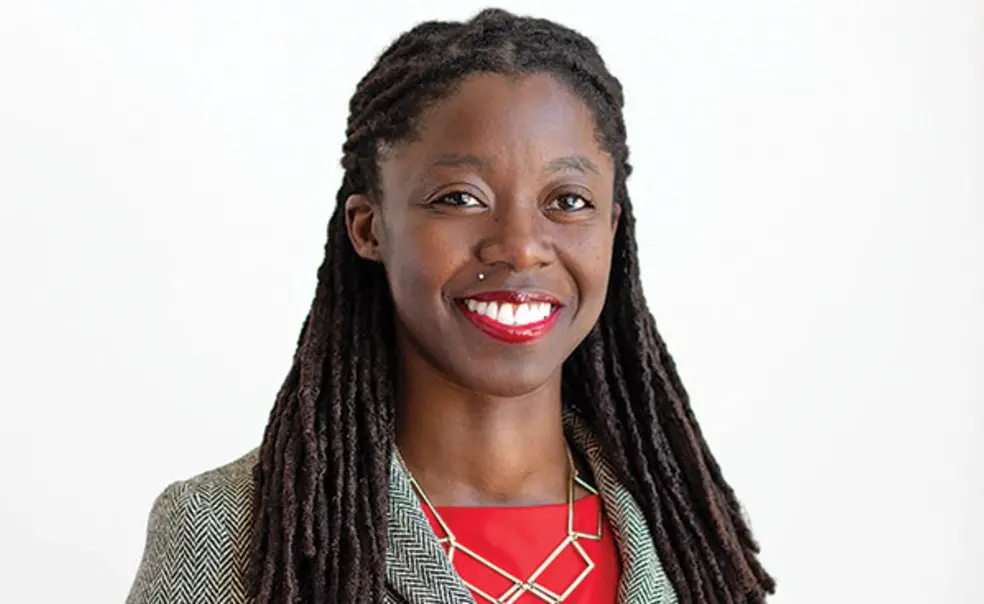A New Faculty Path
Princeton leads effort to encourage underrepresented students to seek Ph.D.s
Princeton is leading a partnership with other New Jersey colleges designed to encourage more students from underrepresented groups to enter the academic “pipeline” and seek Ph.D.s, with a goal of ultimately increasing faculty diversity.
The Presidential Scholars Program (PSP) — a collaboration between Princeton, the three campuses of Rutgers University, and The College of New Jersey — will begin seeking applicants this fall who are first-generation and low-income students and students of color. Also targeted are female students in academic disciplines in which they have been historically underrepresented, such as classics, mathematics, and philosophy.
The program is expected to enroll 15 participants when it is launched next summer, with three students who have completed their first year of college from each of the partner locations.
PSP will support students with intensive mentoring, financial assistance, undergraduate research projects, and training opportunities in areas ranging from navigating college life to academic and teaching skills, according to Afia Ofori-Mensa, the program’s director.
The program will bring all participants together in their first summer, while offering students workshops and mentoring at their own institutions during the academic year and research experience in their junior and senior summers.
Stipends for students would help to offset their work expectation during college. Plans call for an additional fund to repay a portion of undergraduate or graduate-school loans for participants who earn their doctorates.
A University spokesman said some details of the program could be revised or updated before its launch.
Sociology professor Miguel Centeno, faculty director of the program, noted that while the student population at many schools has become more diverse, the numbers for African American and Latino faculty members “are not much better than 30 years ago.” He cited 2015 statistics that among all U.S. colleges, 4 percent of full professors were black and 3 percent were Latino. At Princeton, the 2017 figures were even lower: 3 percent and 2 percent, respectively.
While the program would not be structured to turn out a large number of graduates each year, Centeno said, “even if it is a relatively small success, it is almost guaranteed to have an impact.”
It’s estimated that the program could cost about $2 million per year once it has reached its full complement of students, he said. Princeton has committed to pay “the brunt of the initial cost,” he said, and the program plans to seek foundation support after the first year or two.
“Whoever teaches you helps shape you and your view of how the world works,” Ofori-Mensa said. At the same time, she said, a student who can identify with a professor with a similar background “believes there is a path for that student into the professoriate.”
Establishing a pipeline program to encourage more students from underrepresented groups to pursue doctoral degrees was among the recommendations of a special committee of the University trustees set up in the wake of a campuswide debate over the legacy of Woodrow Wilson 1879.












No responses yet